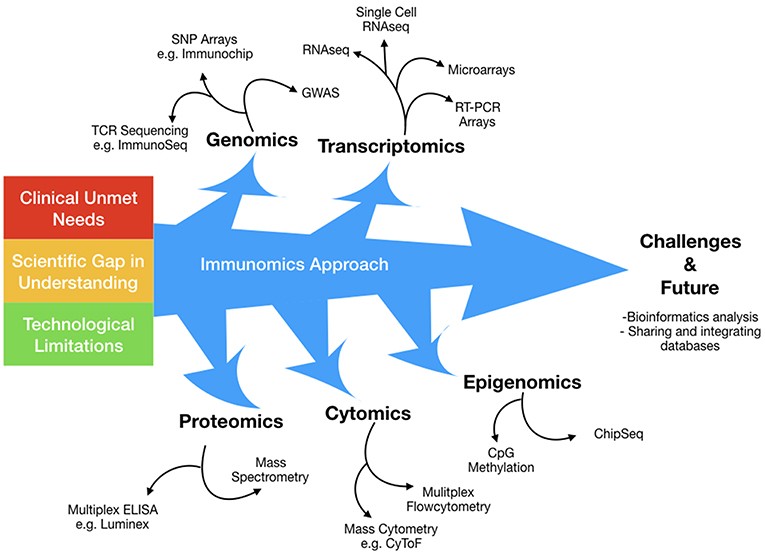Immunomics Services
Plasma Proteomics Analysis Service
The ease and minimally invasive access through venipuncture and the potential to manifest any disease process anywhere in the body as a change in plasma protein composition makes plasma proteomics an attractive field of study. CD Genomics provides professional plasma proteomics analysis services to promote the research and development of blood proteomics.
Introduction to Plasma Proteome
Plasma is the liquid part of blood. Approximately 55% of our blood is plasma and the remaining 45% is red blood cells, white blood cells, and platelets suspended in the plasma. Plasma contains 7% of important proteins, such as albumin, gamma globulin, and anti-platelet factors, and 1% of mineral salts, sugars, fats, hormones, and vitamins. Albumin accounts for about 60% of the total mass in plasma, the next five most abundant proteins account for 25%, and the next 14 proteins account for 12%.
Plasma Proteomics for Disease Research
Plasma is an important material for the analysis of autoantibodies. Plasma proteins, such as autoantibody profiles are one of the foundations of immunomics. Analysis of plasma proteins in patient plasma can help identify single biomarker candidates for disease mechanism studies, diagnosis, or confirmation of disease, predicting risk, monitoring prognosis, and assessing efficacy.
- Plasma Proteomics Analysis for Systemic Autoimmune Diseases
Immunomics studies are used to investigate the etiology of systemic autoimmune diseases (SAID), including juvenile idiopathic arthritis (JIA) and juvenile dermatomyositis (JDM). Plasma protein levels are examined using liquid chromatography-electrospray ionization-tandem mass spectrometry (LC-ESI-MS). Pathway analysis reveals significant dysregulation of acute phase reactants, complement pathways, coagulation, and retinoid receptor activation in SAID patients. With the help of random forest modeling, seven top proteins are identified that are interconnected by paraoxonase 1 and secondary links to IL-6, thus providing a candidate list of affected proteins and pathways present in SAID patients.
 Fig.1 Immunomics is the application of high-dimensional techniques and proteomics is a part of immunomics. (Tay, S. H., et al., 2019)
Fig.1 Immunomics is the application of high-dimensional techniques and proteomics is a part of immunomics. (Tay, S. H., et al., 2019)
- Plasma Proteomics Analysis for Breast Cancer
Breast cancer is the second leading cause of cancer deaths in women in the United States. Screening for known autoantibodies in human plasma reveals significantly higher levels of autoantibodies against interleukin 29 (IL29), osteoprotegerin (OPG), survivin (SUR), growth hormone (GRH), and resistin (RES) in the cancer group compared to the reference group (P<0.05). The types and levels of these differentially expressed autoantibodies are important in determining their significance in the disease process.
Our Services
Existing biomarkers are far from comprehensive and often lack specificity, and the rate of development of new biomarkers is very slow. Since proteins in the circulatory system reflect a person's physiology, current advances in plasma proteomics open exciting new avenues for research and clinical use. CD Genomics provides professional and reliable plasma proteomics analysis services for clients worldwide.
As high-abundance proteins in plasma often interfere with the detection of low-abundance proteins, the first step in plasma proteomics analysis services is to remove high-abundance proteins. To achieve more sensitive experimental results, we use an optimized combination of several different separation and purification techniques for the removal of high-abundance proteins, such as antibody-based affinity and dye-based affinity columns for the selective separation of high-abundance proteins.
Workflow of Plasma Proteomics Analysis

Why Choose Us
Based on years of immunomics research, CD Genomics has accumulated extensive experience in the analysis and study of serum and plasma proteomes. Through in-depth collaboration, we facilitate immunomics-related projects for our clients. Please contact us for more information.
Reference
- Tay, S. H., Yaung, K. N., Leong, J. Y., Yeo, J. G., Arkachaisri, T., & Albani, S. (2019). Immunomics in pediatric rheumatic diseases. Frontiers in Medicine, 6, 111.
